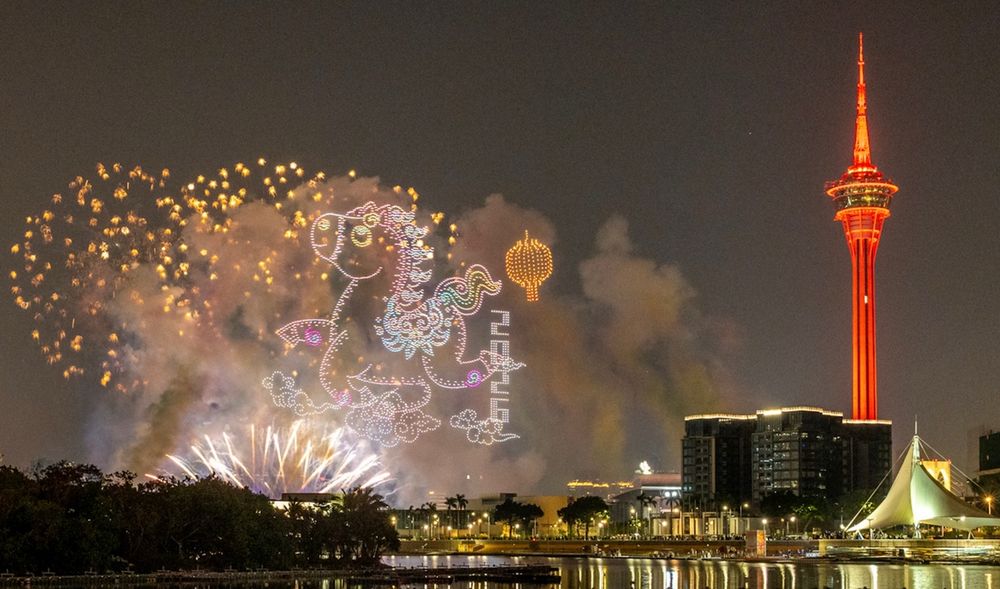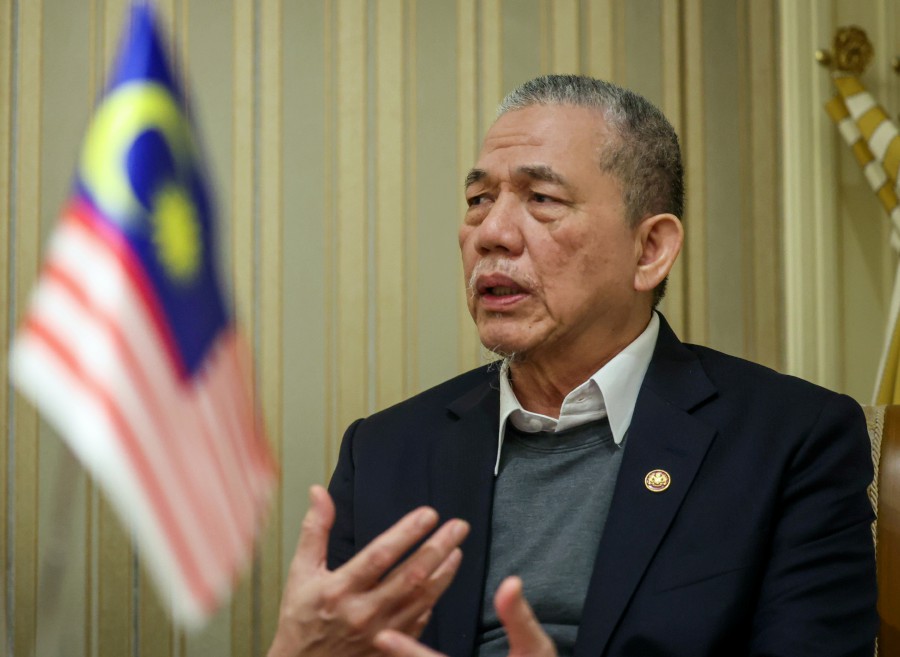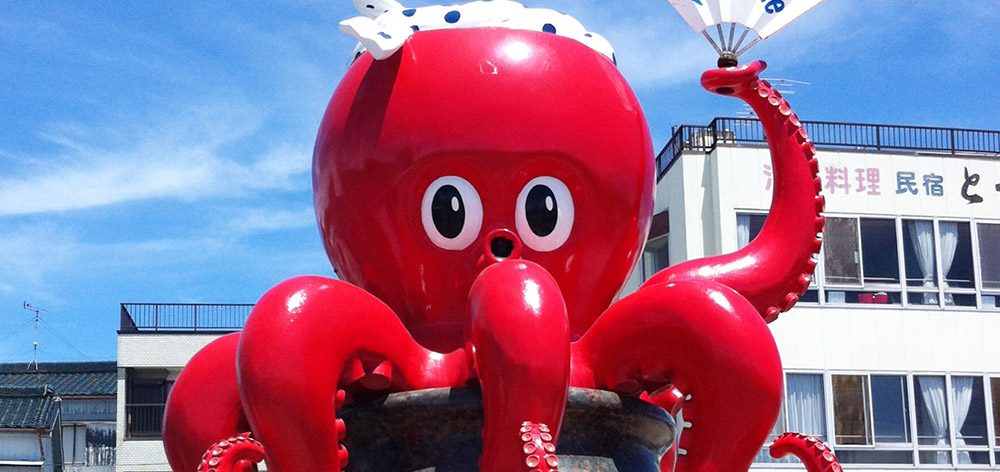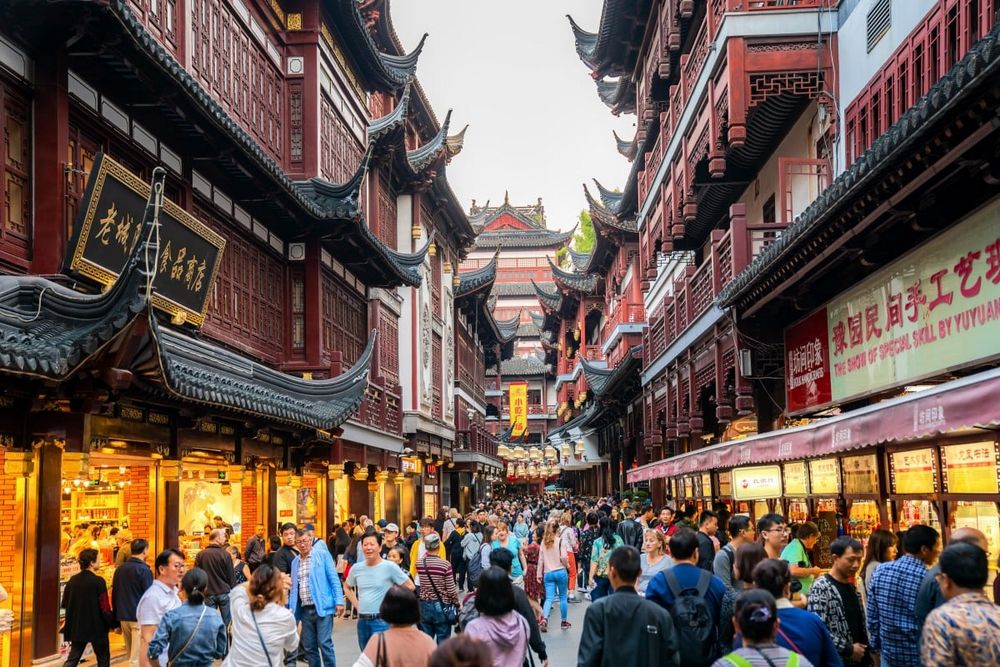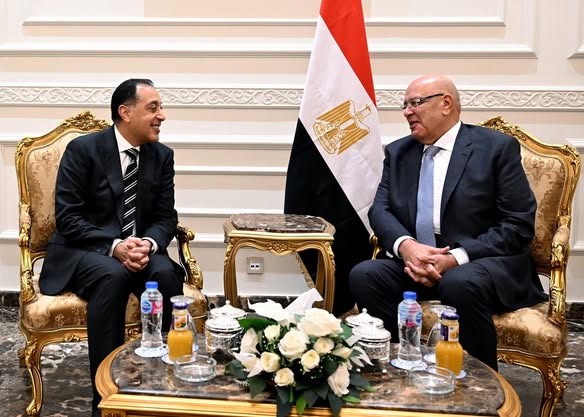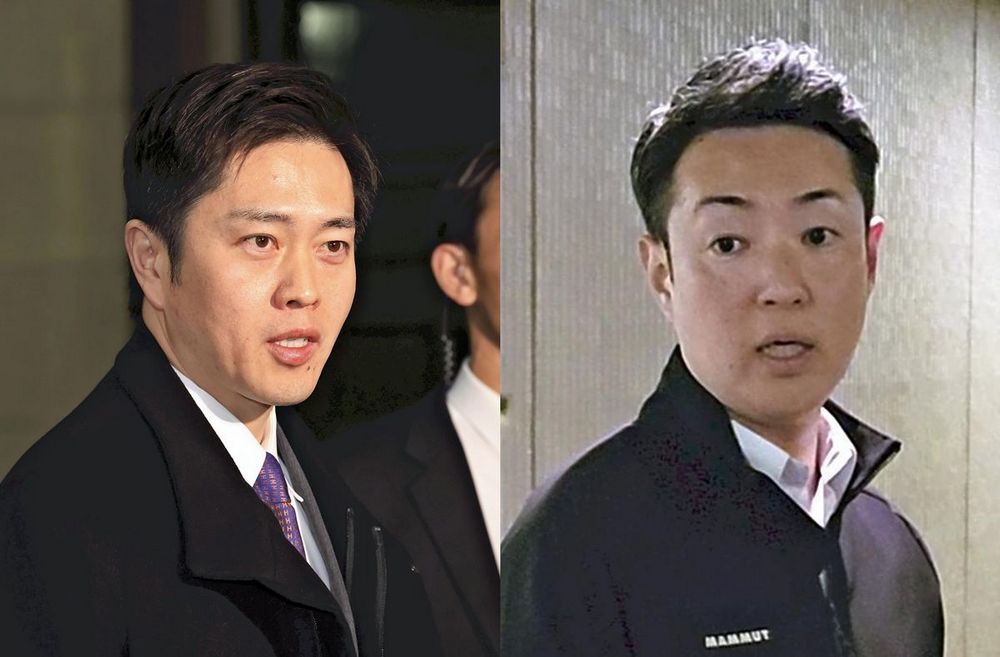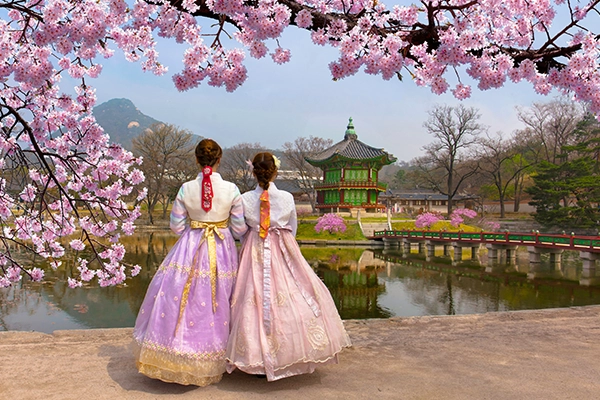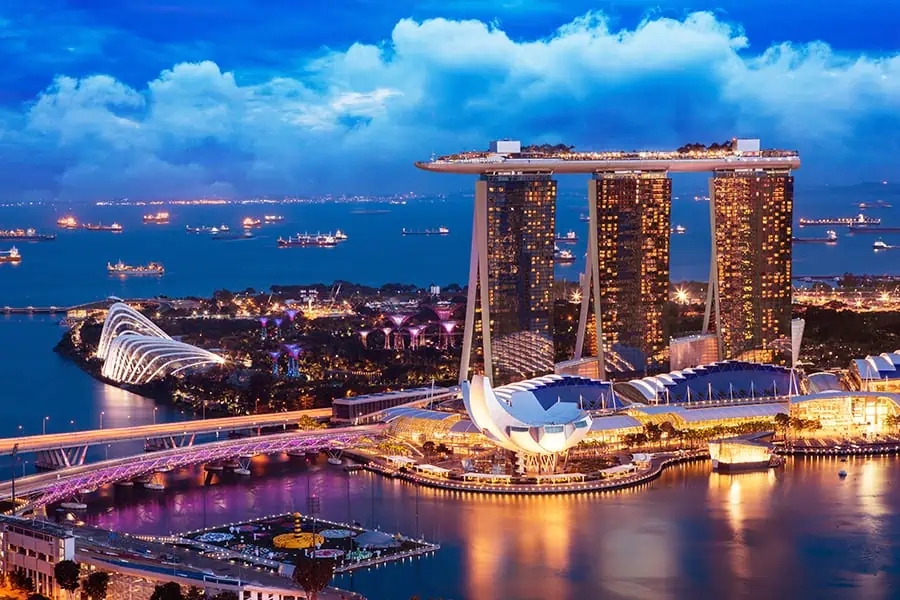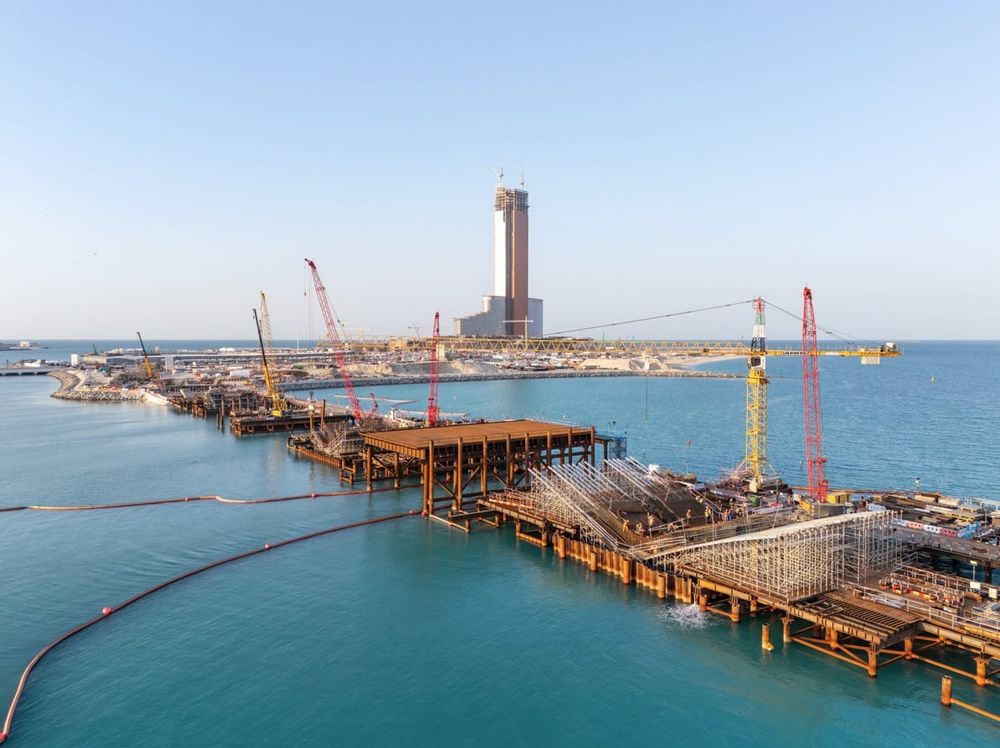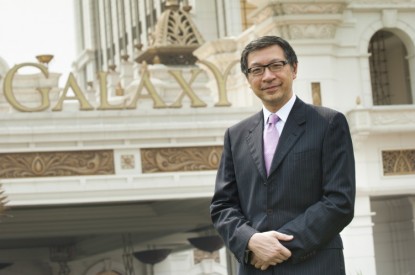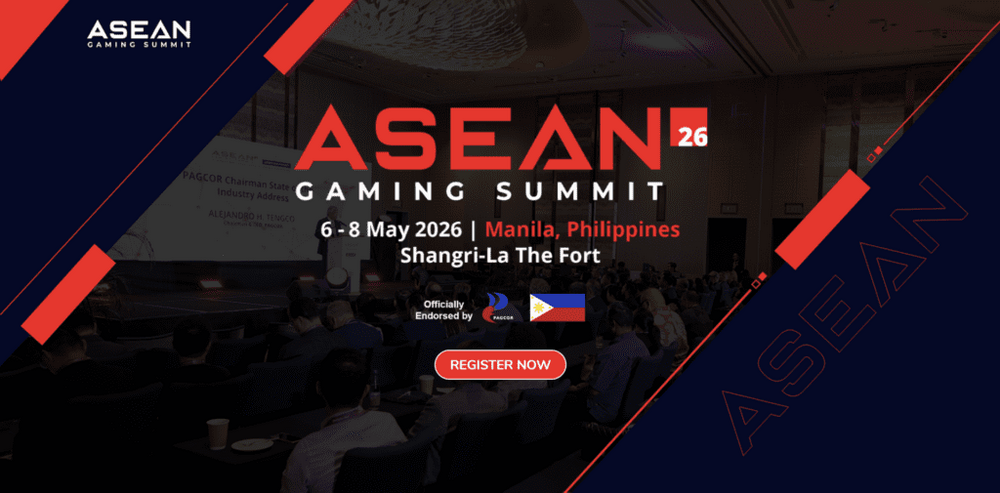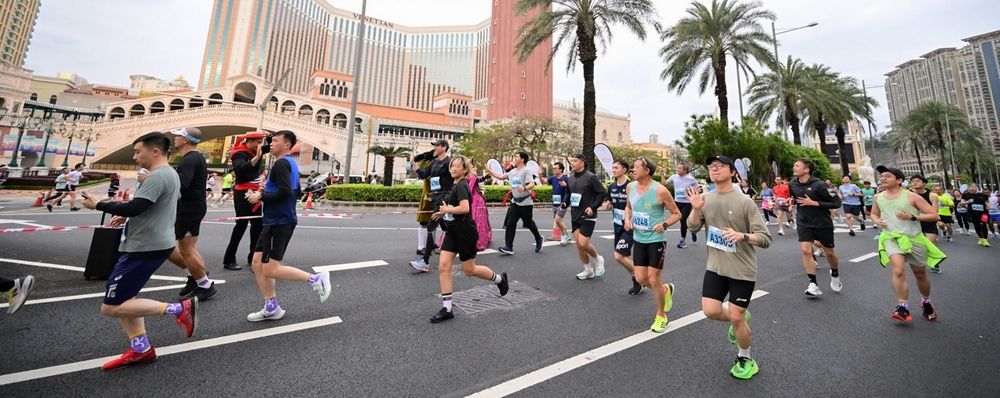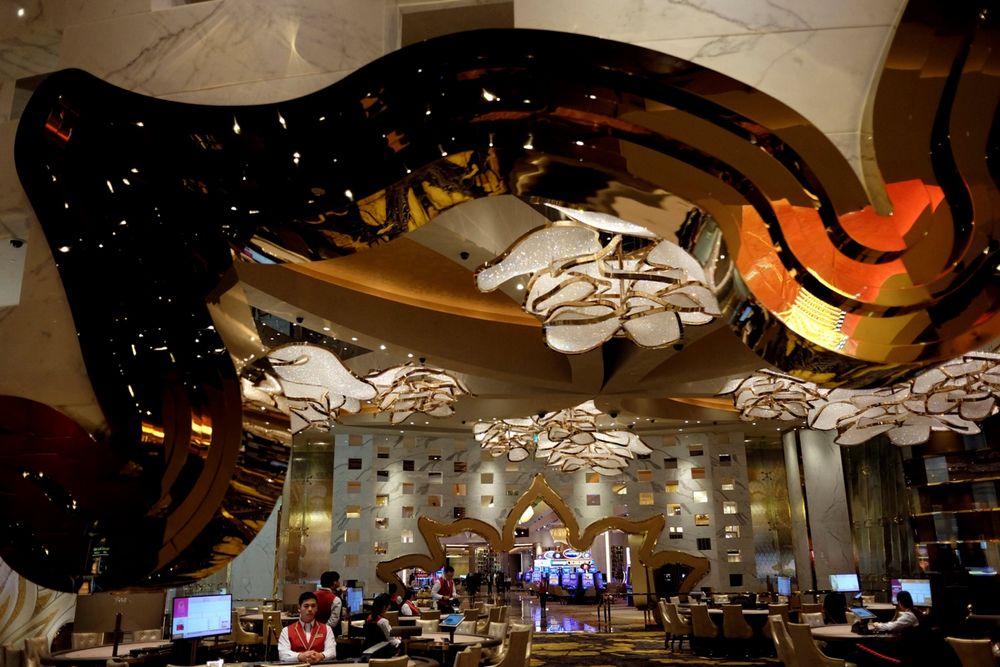Sri Lanka concluded its three-day Vesak ban on liquor, casinos, and nightclubs (12–14 May), but concerns persist in the tourism and hospitality sectors over the economic consequences of the extended restrictions.
The measure, introduced to honor the Vesak Festival, was lengthened from two to three days by presidential directive. While framed as a respectful gesture toward Buddhist tradition, industry voices report significant financial losses, especially across the casino and nightlife sectors.

The Excise Department, which was not consulted ahead of the decision, estimates daily revenue losses between Rs. 800 million and Rs. 1 billion. Hotels and entertainment venues were forced to cancel services without advance notice, leading to guest complaints, refund demands, and booking cancellations, particularly from international tourists.
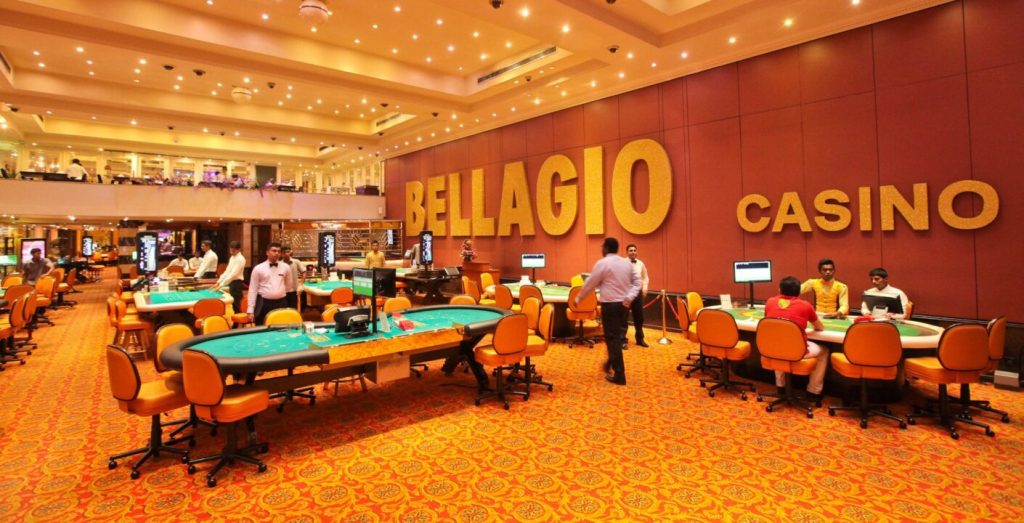
Tourism stakeholders emphasized the need for more predictable and consultative policymaking in future cultural observances. They argue that while religious respect is vital, economic recovery and international competitiveness cannot be sidelined in a country still reactivating its post-crisis tourism industry.As of now, there is no official statement from the government on whether the three-day model will be repeated in 2026.











